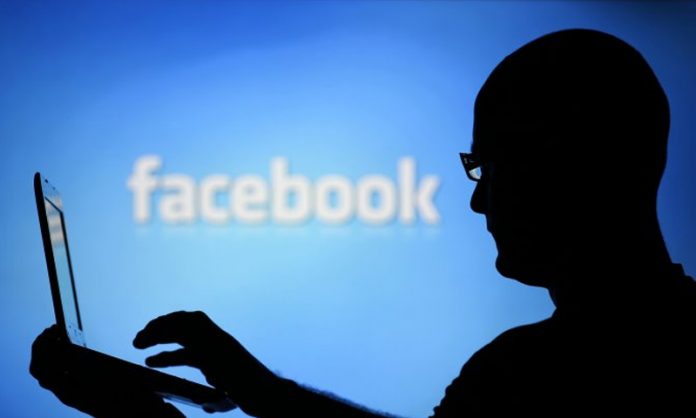Facebook has removed 712 accounts and 390 pages in India and Pakistan because of “inauthentic behaviour” and spamming, it said on Monday.
The social media giant — which today shared details on “four separate, distinct and unconnected” takedowns linked to both Pakistan and India — said it had removed the pages, accounts and groups set up by the networks “for violating Facebook’s policies on coordinated inauthentic behaviour or spam”.
- Removes 103 pages, groups and accounts on both Facebook and Instagram as part of a network that originated in Pakistan
- Removes 687 pages and accounts linked to individuals associated with an IT Cell of the Indian National Congress
- Removes 15 Facebook pages, groups and accounts in India linked to individuals associated with Indian IT firm, Silver Touch
- Removes 321 pages and accounts in India that have broken Facebook rules against spam
“Today we removed 103 pages, groups and accounts for engaging in coordinated inauthentic behaviour on Facebook and Instagram as part of a network that originated in Pakistan,” said a statement issued by Nathaniel Gleicher, the company’s head of Cybersecurity Policy, on the investigation.
“Although the people behind this activity attempted to conceal their identities, our investigation found that it was linked to employees of the ISPR of the Pakistani military,” said the statement.
Dawn.com has reached out to ISPR for comment.
“The takedown is because there is this network of fake accounts that they are using to conceal their identity and make these pages look independent, when in fact they are not,” Gleicher told Dawn.com. “These pages, groups and accounts represent themselves as independent but in fact, are part of a coordinated operation.”
He added that Facebook could not say whether the activity was directed by the organisation or the employees were acting on their own.
“There were multiple employees engaged in this,” he said, adding that Facebook is “highly confident” of the identity of the people involved.
‘It’s about behaviour, not content’
Gleicher clarified that Facebook was removing accounts based on their behaviour, not the content they posted.
The investigation found that the network in Pakistan was spread across 24 pages on Facebook and Instagram, 57 Facebook accounts, seven Facebook groups, and 15 Instagram accounts.
“The individuals behind this activity used fake accounts to operate military fan pages; general Pakistani interest pages; Kashmir community pages; and hobby and news pages. They also frequently posted about local and political news including topics like the Indian government, political leaders, and military,” the statement said, sharing the following details:
- Followers: About 2.8 million accounts followed one or more of these Pages, about 4,700 accounts joined at least one of these groups, and around 1,050 accounts followed one or more of these Instagram accounts.
- Advertising: Around $1,100 in spending for ads on Facebook paid for in US dollars and Pakistani rupees. The first ad ran in May 2015 and the most recent ad ran in December 2018.
Among these pages were Pakistan Cyber Defence News, Kashmir News, Gilgit Baltistan Times, Kashmir for Kashmiris, Painter’s Palette, and PakistaN Army — the BEST. The information regarding names of the pages was shared by Atlantic Council think tank’s Digital Forensic Research (DFR) Lab, which went through the material taken down by Facebook from the Pakistani network.
While talking to Dawn.com, Gleicher did not specify the number of individuals identified as being part of the network, nor did he elaborate on how the links between them and the blocked pages and accounts were established.
“For security purposes we cannot get too specific about how we make these links,” he said, because this sort of monitoring is an ongoing activity. “One of the ways we make these links is when we see someone operating one of these fake accounts, and then they log into their own account,” he added.
“We do not generally inform the individuals involved but we are in touch with the policy makers [of the countries],” said Gleicher. When asked about which policy makers they had reached out to in Pakistan, he named the Prime Minister’s Office and “social media adviser”.
COURTESY: DAWN.COM





